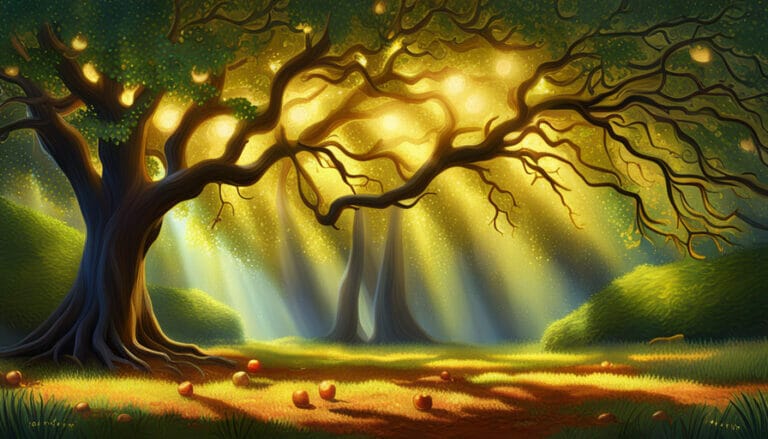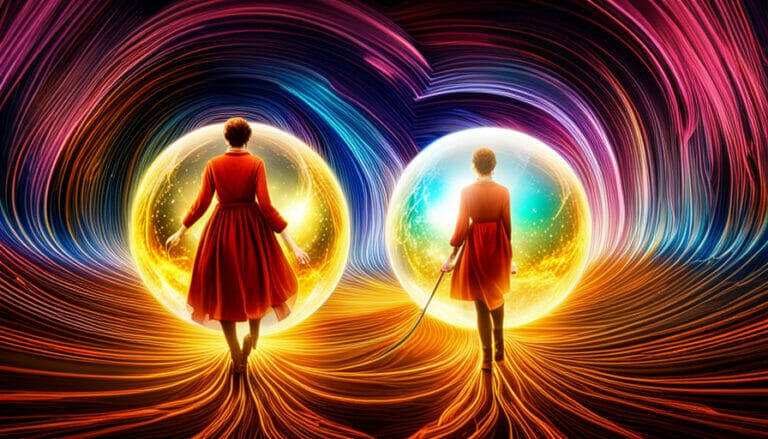How Long Has Astrology Been Around?
Did you know that astrology has been around for thousands of years? It’s true! This ancient practice has a rich history that spans across various cultures and civilizations.
From its origins in the ancient world to its enduring popularity in the modern era, astrology has captivated people’s imaginations and influenced their lives in profound ways.
In this article, you will explore the fascinating journey of astrology through time and discover how it has evolved and adapted over the centuries. Starting with its ancient origins and development in places like ancient Greece and Rome, we will delve into the Renaissance period, which saw a revival of astrological practices.
Finally, we will examine the current state of astrology and its enduring popularity, as well as its cultural impact on society.
Get ready to embark on a journey through time and unravel the mysteries of astrology’s long and fascinating history.
Key Takeaways
– Astrology has a rich history spanning thousands of years and has been practiced across various cultures and civilizations.
– Ancient civilizations such as Mesopotamia, Egypt, and China developed their own systems of astrology, using it to predict the future of kings and empires, as well as to understand individual fortunes.
– The Greeks made significant contributions to astrology, creating the Zodiac signs and horoscopes. Greek philosophers and astronomers advanced the understanding of celestial bodies and their influence on human affairs.
– Roman astrology heavily influenced the practice and added their own interpretations, intertwining astrology with religion and politics. Roman emperors consulted astrologers for important decisions and predictions.
Ancient Origins of Astrology
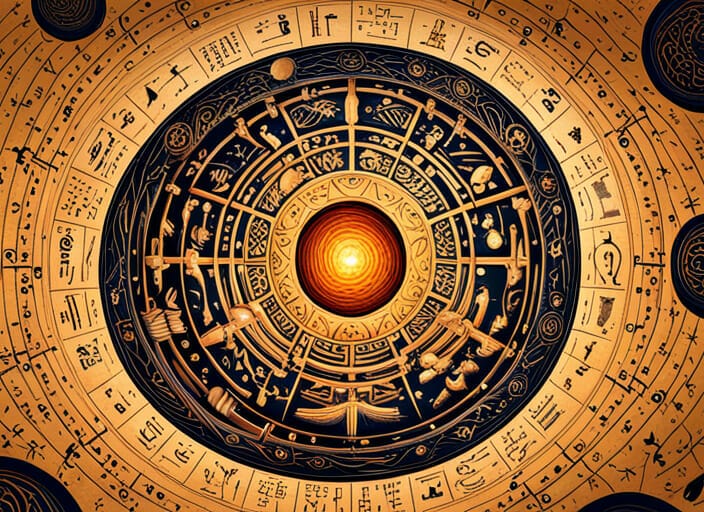
Astrology has been around for centuries, captivating and intriguing generations throughout history. Its origins and evolution can be traced back to the ancient civilizations of Mesopotamia, Egypt, and China.
These ancient cultures developed their own systems of astrology, influenced by cross-cultural exchanges and observations of celestial phenomena. In Mesopotamia, for example, astrology was practiced as early as the 3rd millennium BCE, with the Babylonians using it to predict the future of kings and empires.
In Egypt, astrology was closely linked to their religious beliefs, with the movements of the stars and planets believed to hold divine significance. Similarly, in China, astrology was used to predict the fortunes of individuals and dynasties.
The development of astrology in ancient Greece marked a significant turning point, as it introduced new concepts and techniques that are still used in astrology today.
Development in Ancient Greece
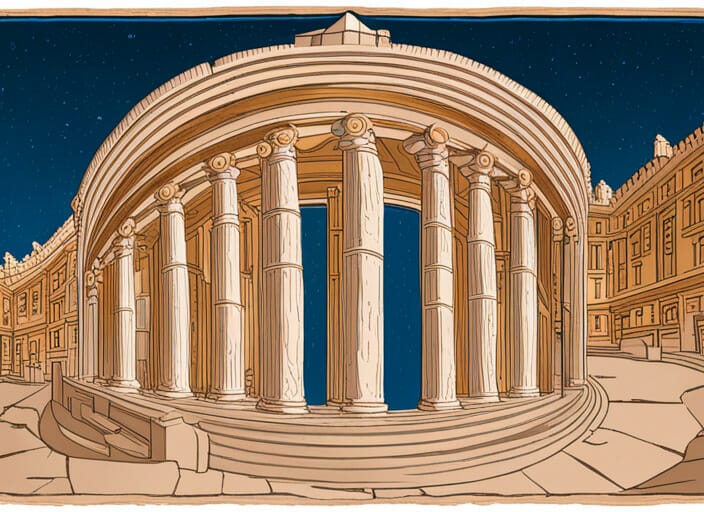
In the development of astrology, the ancient Greeks made significant contributions. Greek philosophers and astronomers, such as Ptolemy and Hipparchus, played a crucial role in advancing the understanding of celestial bodies and their influence on human lives.
Additionally, the Greeks were responsible for the creation of the Zodiac signs. These signs are used to determine personality traits and compatibility in astrology. The concept of horoscopes, which provide individualized predictions based on the position of the stars and planets at the time of a person’s birth, also originated in ancient Greece.
Contributions of Greek philosophers and astronomers
The ancient Greek philosophers and astronomers, with their profound insights and celestial observations, have greatly enriched our understanding of the cosmos. They made significant contributions to the development of astrology during ancient times. Here are three key contributions they made:
– Thales of Miletus: Considered the father of Greek philosophy, Thales believed that the stars and planets influenced human affairs and predicted eclipses.
– Pythagoras: Known for his mathematical discoveries, Pythagoras believed in the harmony of the universe and its connection to numbers, which influenced the development of astrology.
– Ptolemy: Ptolemy’s work, ‘Tetrabiblos,’ became a fundamental astrological text. He developed a geocentric model of the universe and emphasized the importance of planetary positions in astrology.
With their groundbreaking ideas, these Greek philosophers and astronomers laid the foundation for the study of astrology. This paved the way for the subsequent exploration of zodiac signs and horoscopes, which we will delve into in the next section.
Zodiac signs and horoscopes
Get ready to discover the fascinating world of zodiac signs and horoscopes, where ancient wisdom and celestial patterns come together to unlock insights into our personalities and destinies. The origin of zodiac signs dates back thousands of years, with different theories proposing their beginnings. One theory suggests that zodiac signs originated from ancient Babylonians who divided the sky into twelve equal parts, each representing a different constellation. Another theory credits the Egyptians for developing the concept of zodiac signs to predict the flooding of the Nile River. Regardless of their origin, zodiac signs and horoscopes have evolved over time and continue to be a significant part of astrology. People consult their horoscopes to gain insights into their personalities, relationships, and future predictions. Astrological predictions based on zodiac signs provide a framework for self-reflection and understanding. Transitioning into the subsequent section about the influence of Roman civilization, the Romans adopted and expanded upon the Greek astrological knowledge.
Influence of Roman Civilization
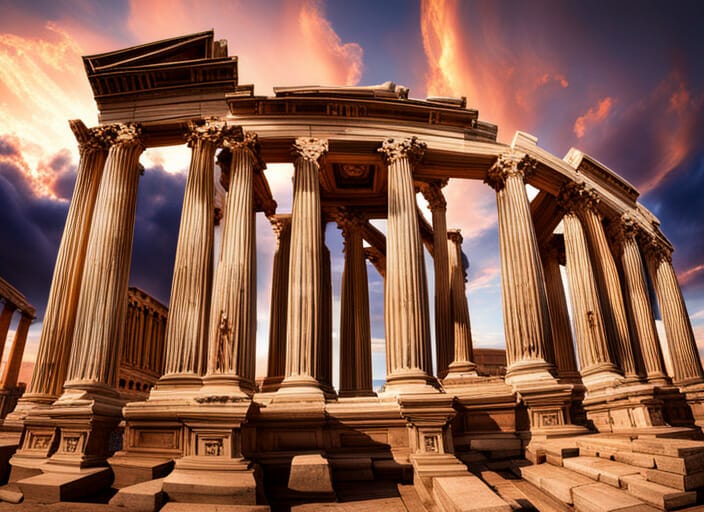
Explore the captivating influence of Roman civilization on the history of astrology.
1. The Romans were fascinated by astrology and heavily influenced its development.
2. They adopted and adapted the Greek astrological system, adding their own interpretations and beliefs.
3. Roman astrology played a significant role in shaping the zodiac signs and horoscopes that we know today.
During the Roman Empire, astrology became intertwined with religion and politics. Emperors would consult astrologers to make important decisions and predict the future. Roman astrologers developed detailed charts and interpretations, mapping the positions of celestial bodies to predict events and individual destinies.
This rich tradition of Roman astrology laid the foundation for the astrological practices that continued throughout the Middle Ages and into the Renaissance and astrological revival.
Now, let’s dive into the fascinating world of the Renaissance and astrological revival.
Renaissance and Astrological Revival
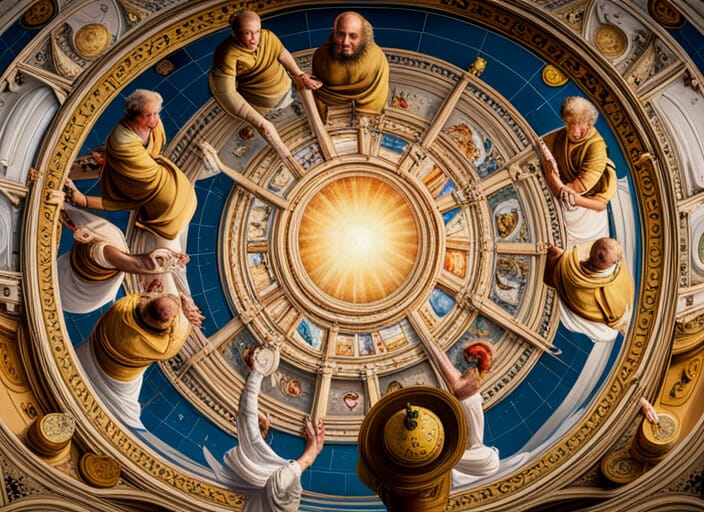
Step into the captivating world of the Renaissance and witness the revival of astrology that will leave you spellbound. During this period, there was a renewed interest in the celestial arts as scholars and intellectuals sought to understand the mysteries of the universe. Renaissance astrology was heavily influenced by ancient texts and the works of notable astrologers like Ptolemy and Al-Kindi. Astrological practices during this time focused on interpreting the positions of the planets and their influence on human affairs. It was believed that the alignment of the stars and planets could provide insight into a person’s character, destiny, and even predict future events. Astrologers used complex charts and tables to calculate planetary positions and make accurate predictions. This revival of astrology in the Renaissance laid the foundation for modern astrology, which we will explore in the next section.
Modern Astrology

The Renaissance laid the foundation for modern astrology, which continues to captivate scholars and enthusiasts today.
Despite its ancient origins, astrology has evolved over time, incorporating new ideas and techniques. However, its scientific validity remains a topic of debate.
While some argue that astrology is merely pseudoscience, others believe that it holds valuable insights into human behavior and personality traits.
Modern astrology has also had a significant impact on personal beliefs, as many individuals turn to their horoscopes for guidance and self-reflection.
Whether or not astrology is considered a legitimate science, its enduring popularity and cultural impact cannot be denied.
As we delve into the next section, we will explore how astrology has influenced various aspects of society and continues to be a source of fascination for many.
Enduring Popularity and Cultural Impact
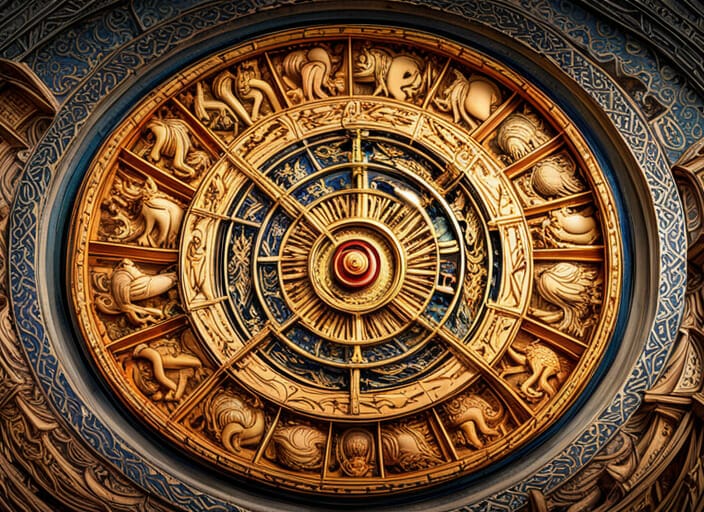
Immerse yourself in the captivating world of astrology and discover its enduring popularity and cultural impact.
Astrology has continued to captivate people throughout history due to its enduring relevance and psychological interpretations. Here are three reasons why astrology remains popular today:
1. Self-understanding: Astrology offers individuals a tool for self-reflection and self-discovery. By analyzing their birth chart, people gain insight into their personalities, strengths, and weaknesses, aiding in personal growth.
2. Relationship dynamics: Astrology provides a framework for understanding compatibility and dynamics in relationships. Whether it’s a romantic partnership, friendship, or professional collaboration, astrology can shed light on how individuals interact with one another.
3. Cultural influence: Astrology has left an indelible mark on popular culture. From horoscopes in newspapers to astrology-themed books and movies, it has become ingrained in our society, influencing everything from fashion trends to social media content.
Astrology’s enduring popularity stems from its ability to offer individuals insights into themselves and the world around them, making it a fascinating and influential cultural phenomenon.
Frequently Asked Questions
How accurate is astrology in predicting future events?
Astrology’s accuracy in predicting future events is debated due to the lack of scientific basis. While some believe in its power, others view it as pseudoscience. Its effectiveness varies, and personal experiences play a significant role in determining its credibility.
What are the main differences between Western astrology and Eastern astrology?
The main differences between Western astrology and Eastern astrology lie in their cultural influences. Western astrology is based on the twelve zodiac signs and focuses on the individual’s personality traits, while Eastern astrology places more emphasis on the lunar calendar and focuses on the individual’s destiny and karma.
How has astrology evolved and adapted to modern times?
Astrology has evolved and adapted to modern times through the development of new techniques and practices. With advancements in technology, astrologers now use computer-generated charts and online platforms to provide more accurate readings and reach a wider audience.
Can astrology be considered a science?
Astrology has been around for centuries and has adapted to modern times. While it may provide interesting insights, astrological predictions lack scientific validity.
Are there any famous figures or historical events that have been influenced by astrology?
Famous figures influenced by astrology include Queen Elizabeth I, who consulted astrologers for advice, and Adolf Hitler, who used astrology to make decisions. Historical events shaped by astrology include the assassination of Julius Caesar, which was predicted by astrologers.
Conclusion
Astrology has been a guiding light for humanity since ancient times. Its origins can be traced back to the early civilizations and have evolved over centuries.
From the wisdom of ancient Greece to the influence of the Roman Empire, astrology has stood the test of time. The Renaissance period witnessed a revival of astrological practices, leading to its modern form.
Despite the advancements in science and technology, astrology continues to capture the hearts and minds of people worldwide. Like a celestial compass, astrology navigates us through the complexities of life, providing insight and guidance along the way.

